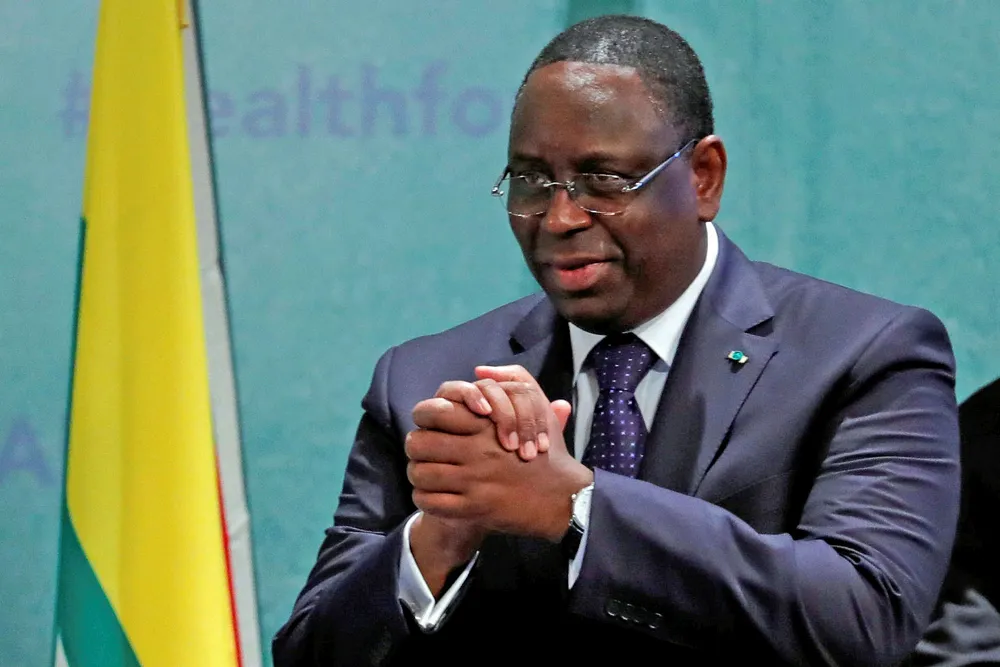Senegal gets new oil minister in unexpected cabinet reshuffle
President Macky Sall appoints fellow geologist to the oil portfolio after last week triggering a major political upheaval, which many say augurs intent to stand for a third term

President Macky Sall appoints fellow geologist to the oil portfolio after last week triggering a major political upheaval, which many say augurs intent to stand for a third term
